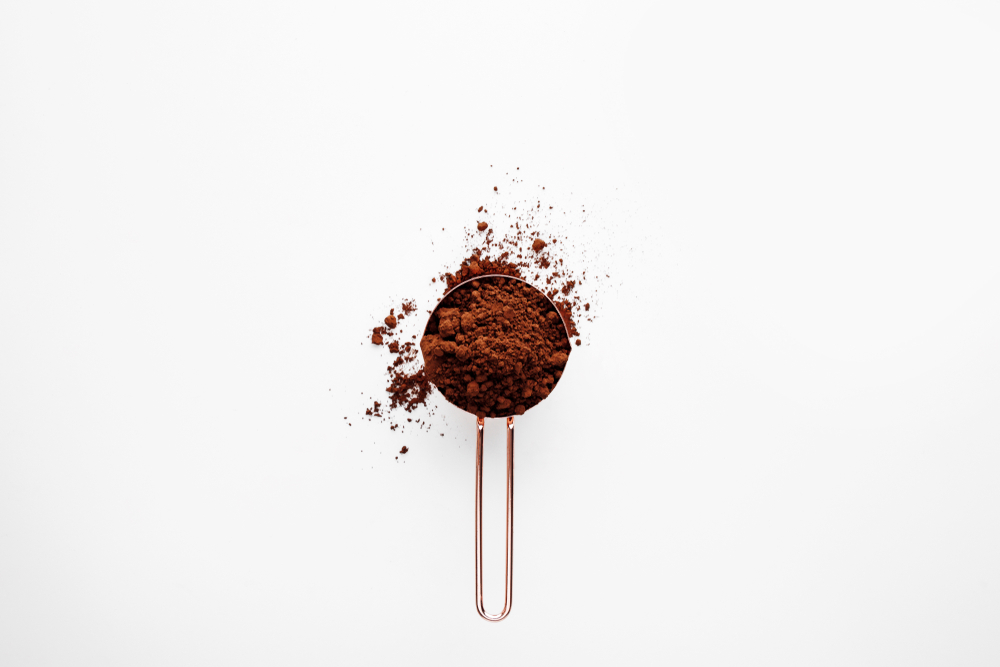
The Hardgainer Files: Eating To Gain Weight
The question I am asked most by men and women, bar none, is how to gain weight; I am asked how to lose weight by one person for every five who ask me how to gain weight. This is probably because I have gained a reputation as a saviour of the skinny guy: a title I’m pretty thrilled to receive.
 The exchange is almost invariably the same, and involves on their part an insistence that they eat loads and that due to their fast metabolism, they simply can’t gain weight, no matter how much they eat. Now, whilst I understand their pain, I don’t like the hopeless attitude; saying that it can’t be done whilst asking for advice is a self-fulfilling prophecy. No, it isn’t easy to gain weight, but it is simple and is achievable for everyone.
The exchange is almost invariably the same, and involves on their part an insistence that they eat loads and that due to their fast metabolism, they simply can’t gain weight, no matter how much they eat. Now, whilst I understand their pain, I don’t like the hopeless attitude; saying that it can’t be done whilst asking for advice is a self-fulfilling prophecy. No, it isn’t easy to gain weight, but it is simple and is achievable for everyone.
Excuses, be damned!
The simple fact is that, even if you’re eating loads, and you’re not gaining weight, you need to eat more. There is no hidden bogeyman taking your calories and burning them to cinders. A fast metabolism is no excuse; your particular makeup of gut microbes and its effect on appetite and food preference is no excuse; even a tapeworm is no excuse. It might make things harder, but there is still no more to it than eating more.
Also, if you want to see what eating a lot really looks like, spend a week with an offseason bodybuilder. Your concept of a lot will be redefined. That said, here are a few appetite tips to help you towards that goal:
1. Forget everything you think you know about nutrition
You probably know about eating well. Eat high-fibre foods and limited amounts of low-GI carbs; eat your protein with your fats… make veggies the cornerstone of your diet. Well, that’s all great advice for the majority of Britain, who could do with losing a bit of weight, but for you, the hard-gainer, the opposite advice ought to apply!
Those tips help to keep you fuller for longer and therefore achieve and maintain a low weight. And yet most health-conscious hard-gainers follow the advice as all-encompassing and then wonder why they can’t gain weight.
To stimulate your appetite and keep it high, eat high-GI, low-fibre carbs, separate from your protein sources, and ideally alongside something high-calorie like butter (because fat’s satiating effects are only pronounced in the presence of protein). In a survey of carbohydrate sources, the humble croissant was found to be the least satiating (and also one of the most calorically-dense) carbohydrate sources, so take that as an example of an unlikely weight-gain food!
2. Drink your calories
You might only get halfway through a pile of steamed sweet potato and steak and veggies before feeling stuffed to bursting; but drink a shake consisting of fine oats, peanut butter, olive oil and protein powder, and you’ll do it in one! Mass gainers are also great ways to get massive calorie-doses in with ease.
This is one of the oldest tricks in the book. You can get in a shed-load of nutrient-dense foods (the ones I told you to avoid because they’re so hard to finish) in one sitting, without struggling.
3. Eat like a pig… or a wolf!
The last tip works because of speed. The faster you can get it all down, the more you’ll be able to get in before your body realises how much you’ve consumed. Remember, as backwards as it sounds for a health-freak, you need to trick your body sometimes. You want change; homeostasis is the body’s only goal.
Wolf your food down.
Disclaimers:
Fibre is important. Protein is crucial. Excessive sugar can wreak havoc on the pancreas. Don’t think that I’m trying to say that you should go all Supersize-Me on this. Just find ways to increase your food intake and subsequently your appetite (yep, in that order!); then you can make it a lifestyle with more sensible food choices. Say hello to an increasing scale-weight.






No Comments yet!